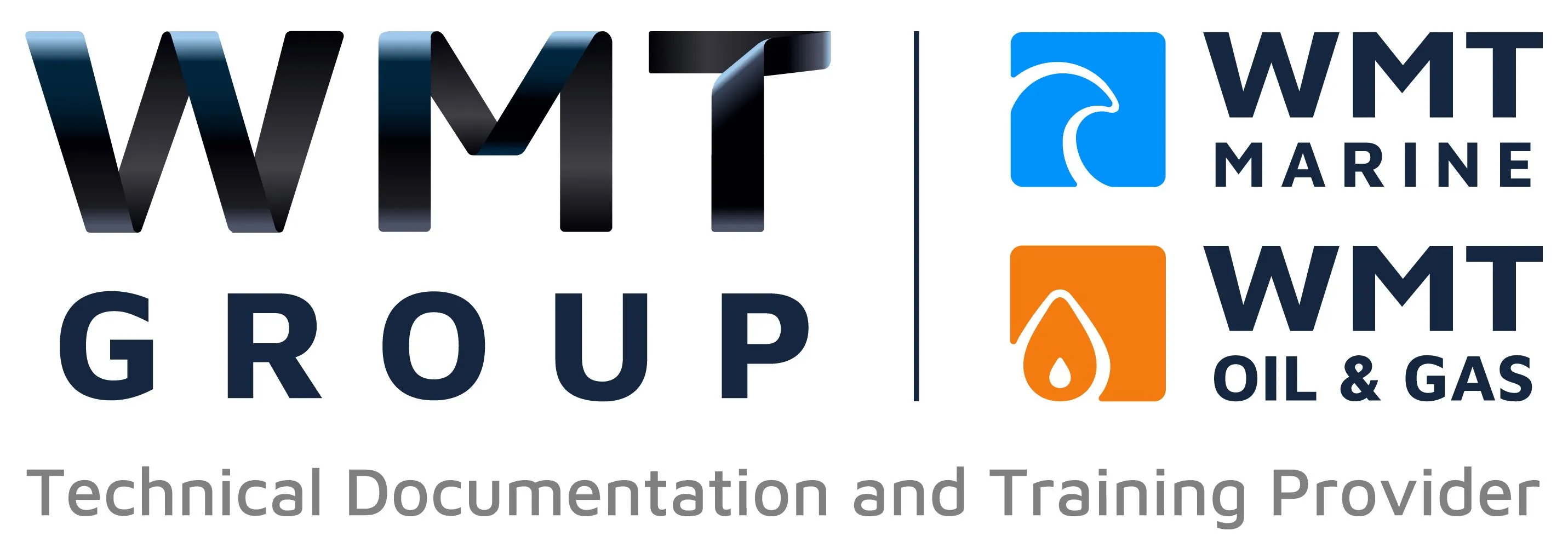Technical Operating Manuals for Marine Systems: Why They Matter
In the maritime industry, precision, safety, and compliance are paramount. Technical operating manuals for marine systems are essential tools that provide clear, detailed guidance for operating, troubleshooting, and maintaining onboard systems. These manuals not only streamline operations but also ensure vessels meet international standards and perform efficiently.
In this blog, we’ll explore the purpose, key components, and benefits of technical operating manuals and how they can optimise marine operations.
What Are Technical Operating Manuals?
A technical operating manual is a comprehensive document that explains the proper use and maintenance of marine systems, such as propulsion engines, navigation equipment, and auxiliary machinery. These manuals are tailored to the specifications of individual systems, offering both technical and practical guidance for operators and technicians.
Key Marine Systems Covered in Technical Manuals
Marine systems are diverse, and their technical manuals are crafted to address the unique requirements of each. Common systems include:
1. Propulsion Systems
- Diesel engines, gas turbines, or hybrid propulsion setups.
- Detailed start-up, shut-down, and troubleshooting procedures.
2. Navigation and Communication Systems
- Radar, GPS, and ECDIS (Electronic Chart Display and Information System).
- Calibration and operation guidelines for error-free navigation.
3. Electrical and Power Systems
- Generators, switchboards, and distribution panels.
- Maintenance schedules to ensure uninterrupted power supply.
4. Auxiliary Systems
- Ballast water management systems, HVAC, and fuel systems.
- Operational best practices for efficiency and compliance with environmental regulations.
Key Components of Technical Operating Manuals
A well-structured manual provides operators with everything they need to understand, operate, and maintain marine systems. Here’s what it typically includes:
1. System Overview
- Functional description of the system and its purpose.
- Diagrams and schematics for easy understanding.
2. Operating Procedures
- Step-by-step instructions for normal and emergency operations.
- Safety protocols to follow during system use.
3. Maintenance Schedules
- Routine and preventive maintenance guidelines.
- Replacement intervals for key components.
4. Troubleshooting Guides
- Common issues and their solutions.
- Contact information for technical support.
Why Are Technical Operating Manuals Important?
These manuals are indispensable for efficient vessel operations. Here’s why:
1. Ensuring Compliance
Adherence to IMO (International Maritime Organisation) regulations and classification society standards is non-negotiable in the marine industry. Technical manuals provide the necessary documentation to pass inspections.
2. Improving Safety
Clear operational guidelines minimise human error, enhancing the safety of the crew and vessel.
3. Optimising Performance
By following best practices, operators can maximise the efficiency and lifespan of marine systems.
4. Simplifying Training
New crew members can quickly get up to speed with detailed manuals, reducing training time and ensuring consistency in operations.
How to Ensure Your Technical Manuals Stay Relevant
Marine technology evolves rapidly, and so do regulations. To keep your manuals effective:
- Regular Updates: Incorporate system modifications or regulatory changes promptly.
- Digital Formats: Opt for electronic manuals for easier updates and better accessibility.
- Professional Customisation: Work with marine documentation experts to ensure accuracy and compliance.
The Benefits of Customised Technical Manuals
While generic manuals offer a starting point, customised manuals tailored to your vessel’s systems and operations offer greater value. They provide:
- Precision: Instructions specific to your systems eliminate guesswork.
- Efficiency: Faster troubleshooting and reduced downtime.
- Compliance Confidence: Tailored content that aligns with your vessel’s regulatory framework.
Conclusion
Technical operating manuals for marine systems are more than just documents—they’re vital tools that empower vessel operators to navigate the complexities of marine operations safely and efficiently.
By investing in high-quality, up-to-date manuals, shipowners can enhance performance, ensure compliance, and protect their investment. Whether you’re managing a fleet or a single vessel, these manuals are an indispensable part of your maritime strategy.
